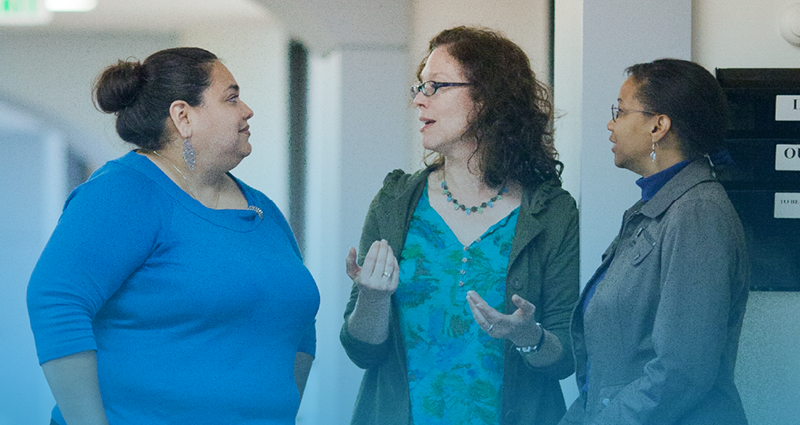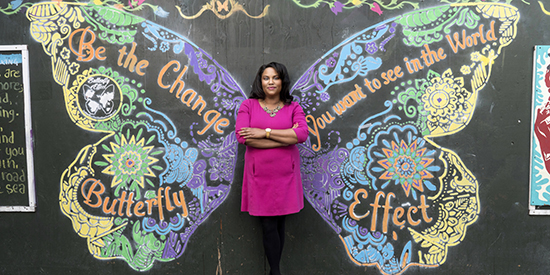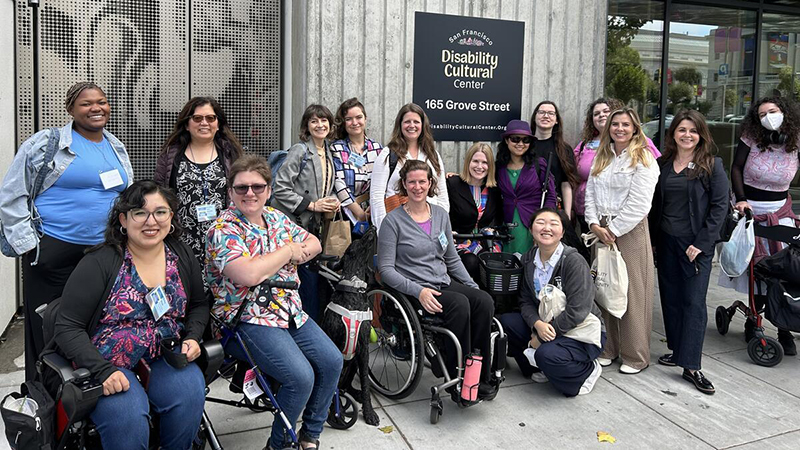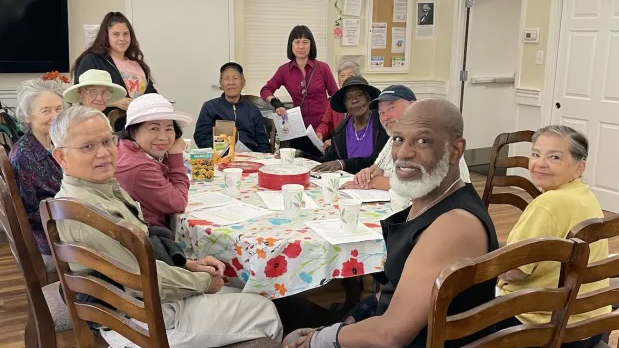Discover more ways to stand up for UC

August 26, 2025
The University of California is one community, working together to educate the next generation, discover life-saving solutions, and strengthen our nation. To those who have …
University of California Annual Commitment to Address Discrimination and Harassment
August 19, 2025
President James B. Milliken shared the message below with the UC community on August 19, 2025. August 19, 2025 To the UC Community, In accordance …
Call for stories: UC Changemakers

August 13, 2025
Help us amplify the incredible work of our community by nominating someone who inspires you (or yourself!) as a UC Changemaker.
UCnetwork: August 2025

August 13, 2025
Read our University of California systemwide staff newsletter for updates on staff achievements, research, benefits and more.
Getting help during challenging times

August 13, 2025
If you’ve been feeling anxious, depressed or overwhelmed, or if you’re having difficulty being centered and purposeful, these resources can help.
UC People: Kathleen Yumul, well-being advocate

August 13, 2025
Wellness is the focus of Kathleen’s job, but it’s also her passion. She shares what inspires her work and why self-care matters.
UC Spotlight: August 2025

August 13, 2025
Our monthly UC Spotlight celebrates the UC locations, teams and individual staff members who are helping to make UC a great place to work.
A UC pediatrician shares what you need to know about children’s vaccines

August 13, 2025
Immunizations protect children against diseases and reduce the risk of serious, life-threatening infections.
UC’s 28 CASE Circle of Excellence Awards highlight the university’s impact

August 13, 2025
The creative, inspiring projects highlight UC’s incredible impact and raise awareness of the university around the globe.
UC People: Max Fairbee, community connector

August 12, 2025
UC Community Extension educator Max Fairbee gives older adults nutrition advice, gardening tips and motivation to spend time in the sun.

